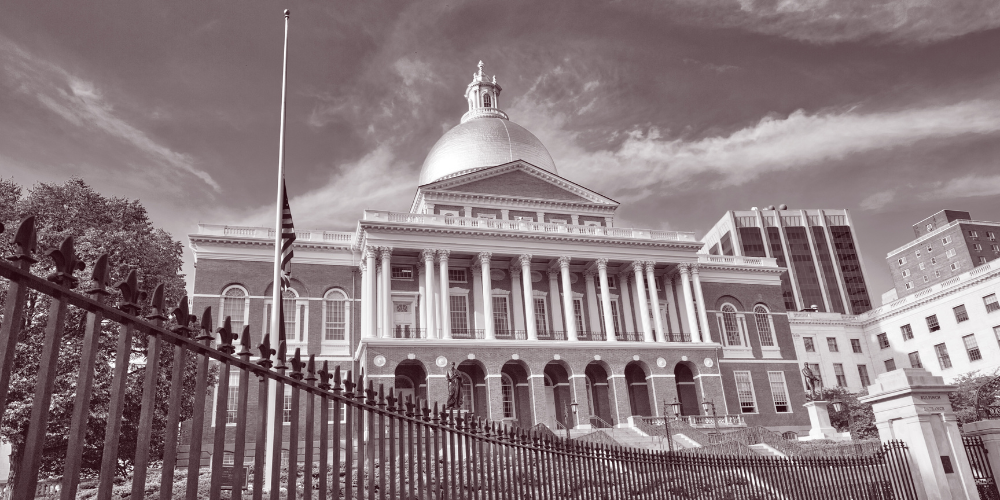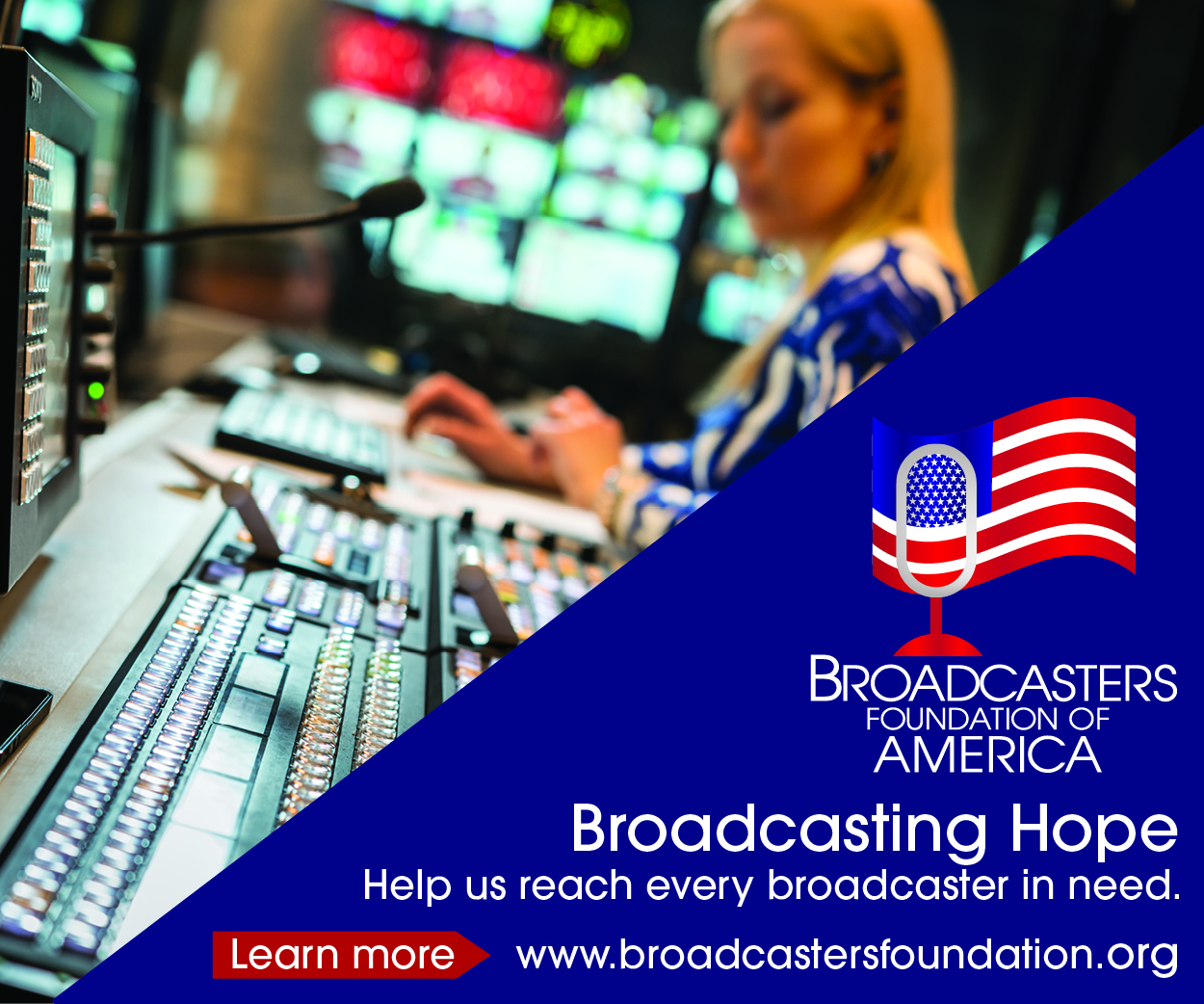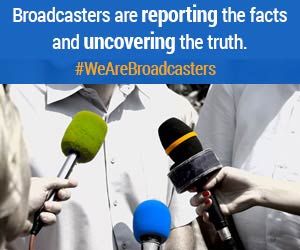The Massachusetts Broadcasters Association filed testimony Tuesday, ahead of a hearing on H.3663 An Act relative to the safe operation of drones in the Commonwealth before the Joint Committee on Transportation. Several groups testified in opposition to the bill, which could severely limit the commercial operations of drones around the state.
MA.H3663 An act relative to the safe operation of drones
The MBA testimony is as follows:
I write on behalf of the Massachusetts Broadcasters Association regarding House Bill 3663. While the intention of the bill is commendable, the Association has significant concerns that it negatively affects the legitimate and constitutionally protected right to gather and report the news.
Drones have become an essential tool in the television news industry enabling broadcasters to safely and effectively cover wildfires, floods, traffic, protests, infrastructure failures, and both minor and major public events. Broadcasters, federally licensed by the Federal Communications Commission (FCC), are obligated to work for the public good as a condition of their licenses and drones help achieve that critical goal with visual information that simply can’t be gathered from the ground.
While we support reasonable regulations that protect public safety, this bill goes far beyond that. The various restrictions on takeoffs and landings near parks, schools, churches, public events, government buildings, and nebulous areas including “where children congregate” and areas of “critical environmental concern” would create a patchwork of circles nearly impossible to discern, especially during a breaking news event. In densely populated areas of the state, we fear this language could be interpreted as effectively banning the use of drones.
It’s important to note that all commercial drone operators, including journalists, are already required by federal law to obtain Federal Aviation Administration certification, follow FAA Part 107 rules, and operate safely. While the bill requires operators to follow these and other FAA rules, adding a conflicting and overly broad patchwork of state-level prohibitions will make compliance unworkable and expose journalists to potential legal risk simply for trying to report the news.
Additionally, the complete prohibition on flying drones at night, regardless of adherence to Part 107 rules already in place, eliminates drone use between 8 hours and 40 minutes (summer solstice) and 14 hours and 53 minutes (winter solstice) of the day in Boston. This prohibition weakens our ability to cover news events at a minimum of 35% of any given day.
This blanket prohibition on night flying and the various “no takeoff/landing zones” in this bill could have a devastating effect on aerial journalism in Massachusetts at a time when the public is demanding more transparency, not less. The courts have long held that the First Amendment protects the tools of journalism.
We urge this committee to either reject this onerous language or significantly revise the bill to create clear exemptions for credentialed news organizations operating under federal guidelines. We urge this body to continue to allow news broadcasters to do their job safely, responsibly, and in the service of an informed public.
Thank you,
Jordan Walton
Executive Director
Massachusetts Broadcasters Association



